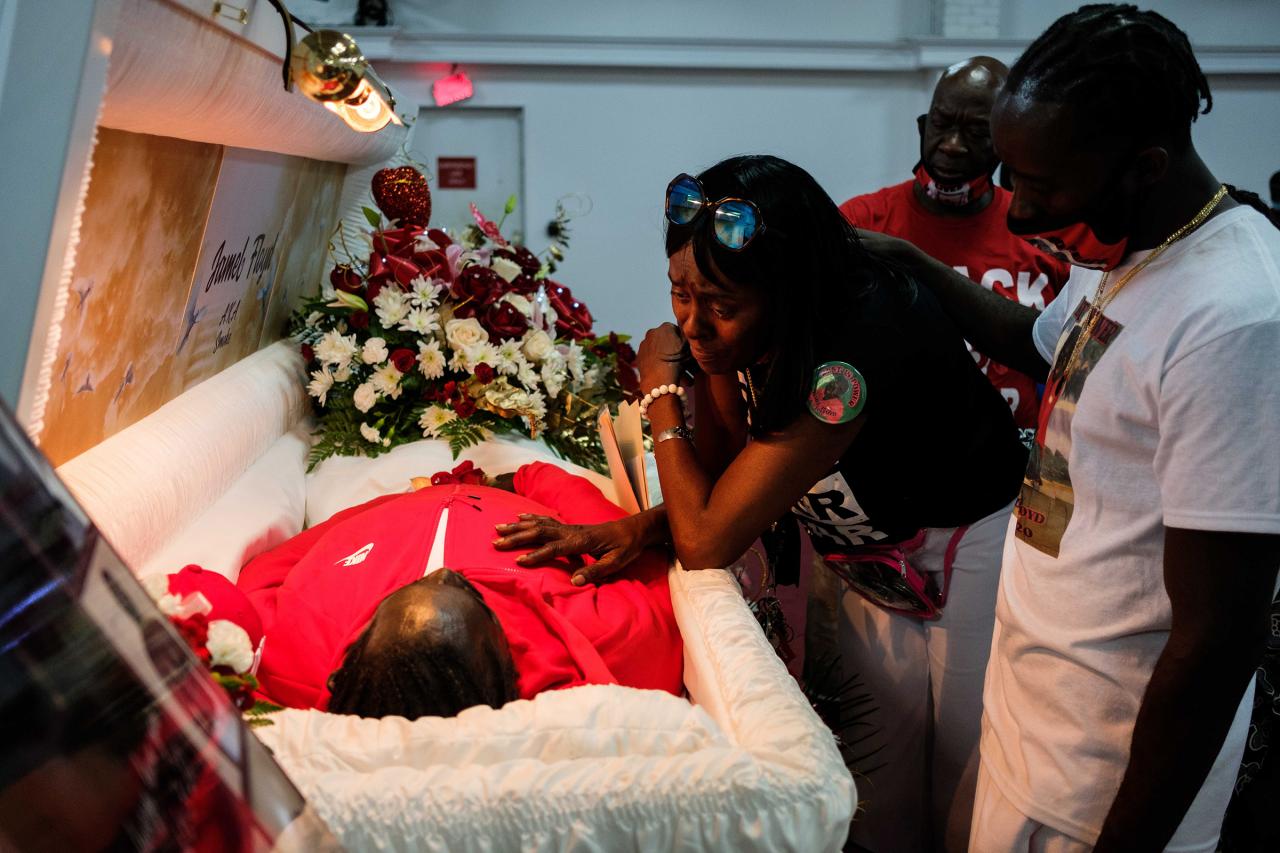
Like body guard pepper spray, death pepper spray is largely a marketing phenomenon. After all, the self-defense products industry would open itself to a flood of liability claims by advertising any death-inducing pepper spray. What's needed is the appeal of such an outstanding deterrent in a non-lethal package.
It's one thing for law enforcement officers to carry lethal deterrents such as guns, batons, and pepper spray. It's entirely different to market a vicious self-defense agent to those who are insufficiently trained to use it. At the very least, most police officers and other enforcement officials (such as FBI and DEA agents) are forced to suffer the consequences of pepper spray before they're ever allowed to carry canisters of their own.
Why on Earth Would They Do Such a Thing?
Officers are subjected to pepper spray during training for several reasons. First, it prepares them for actual situations in which sprays might be used. Not only are they exposed to the effects of pepper, but the sight and sound of its deployment. The unfastening of the baton and the hiss of the spray can be every bit as psychologically devastating as the breathing of mist is physically devastating, and officers must be prepared for both types of distress.
Second, law enforcement workers are exposed to pepper spray in order to avoid potential liabilities. By understanding firsthand what a victim goes through after having his eyes, ears, nose, throat, and lungs assaulted with oleoresin capsicum, those officers are better able to justify their decisions to use pepper. Namely, they know what types of threats call for pepper and which require more or less deterrence on the "use of force continuum."